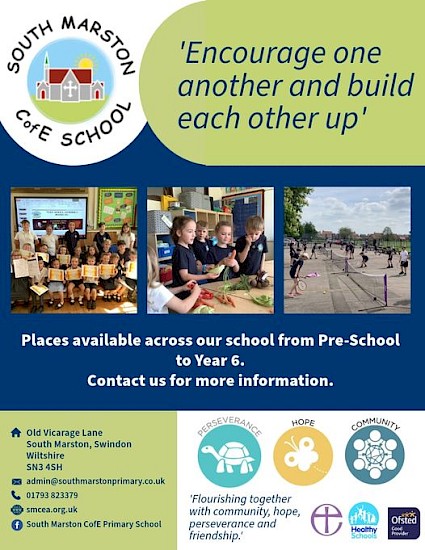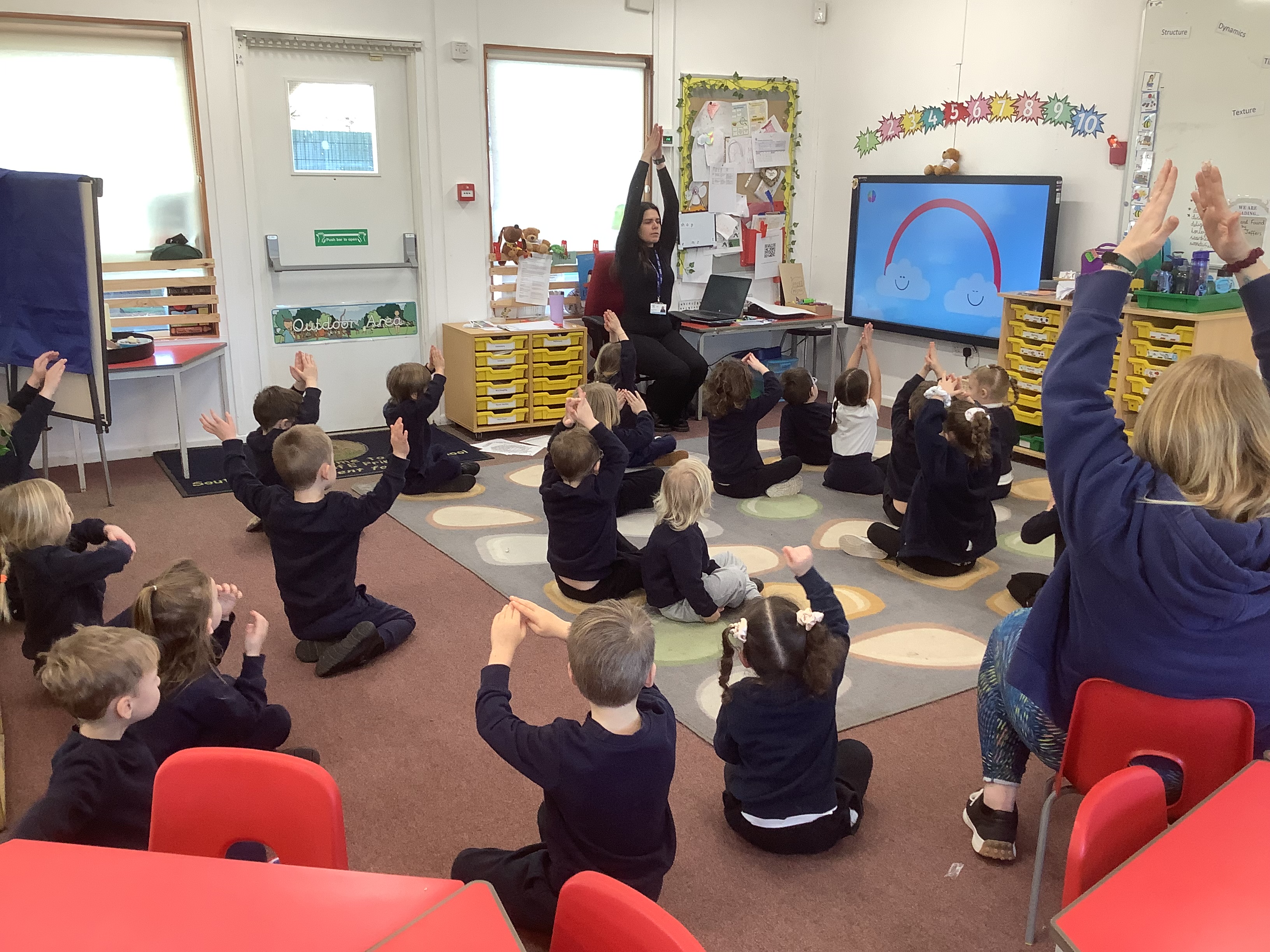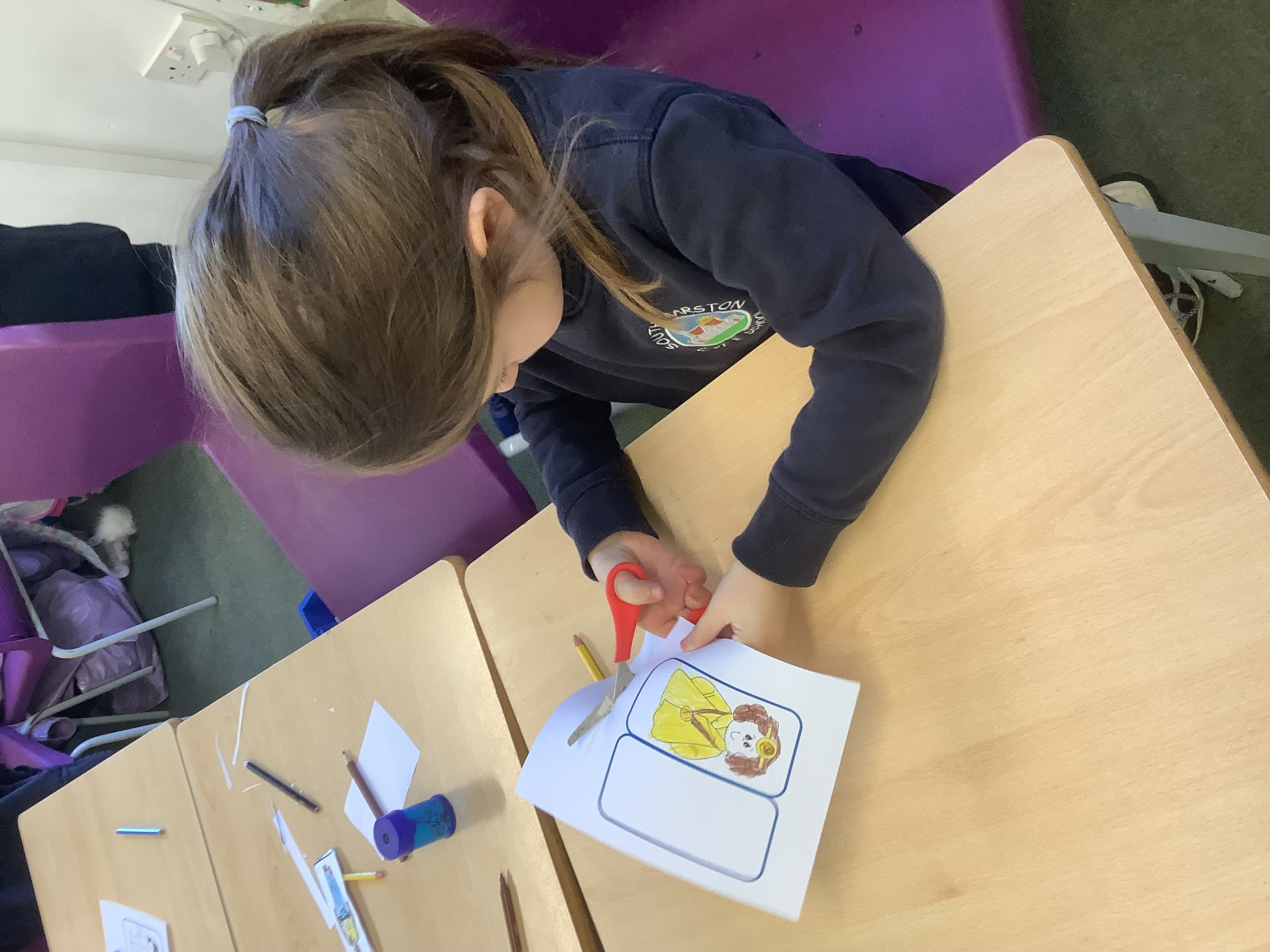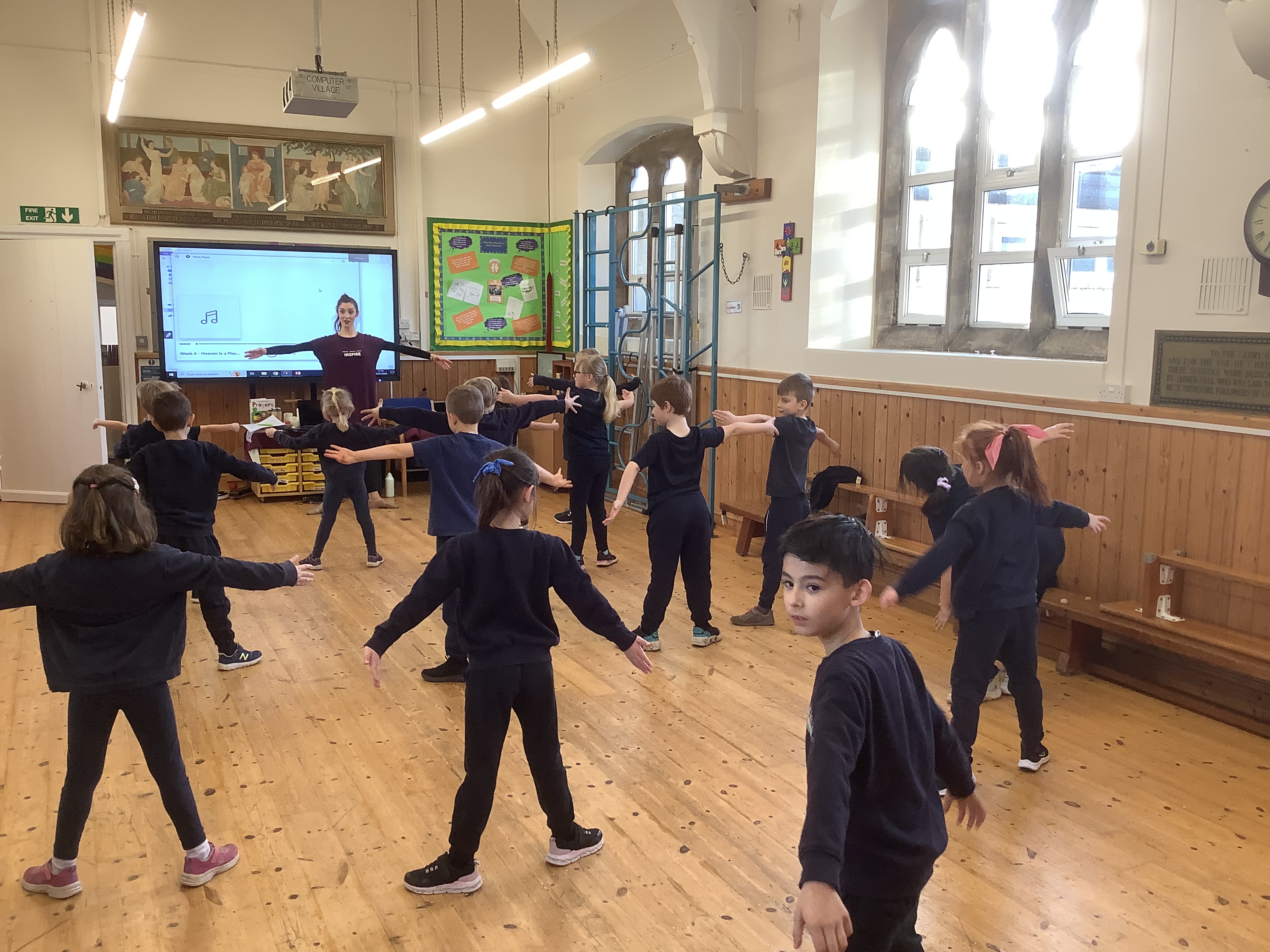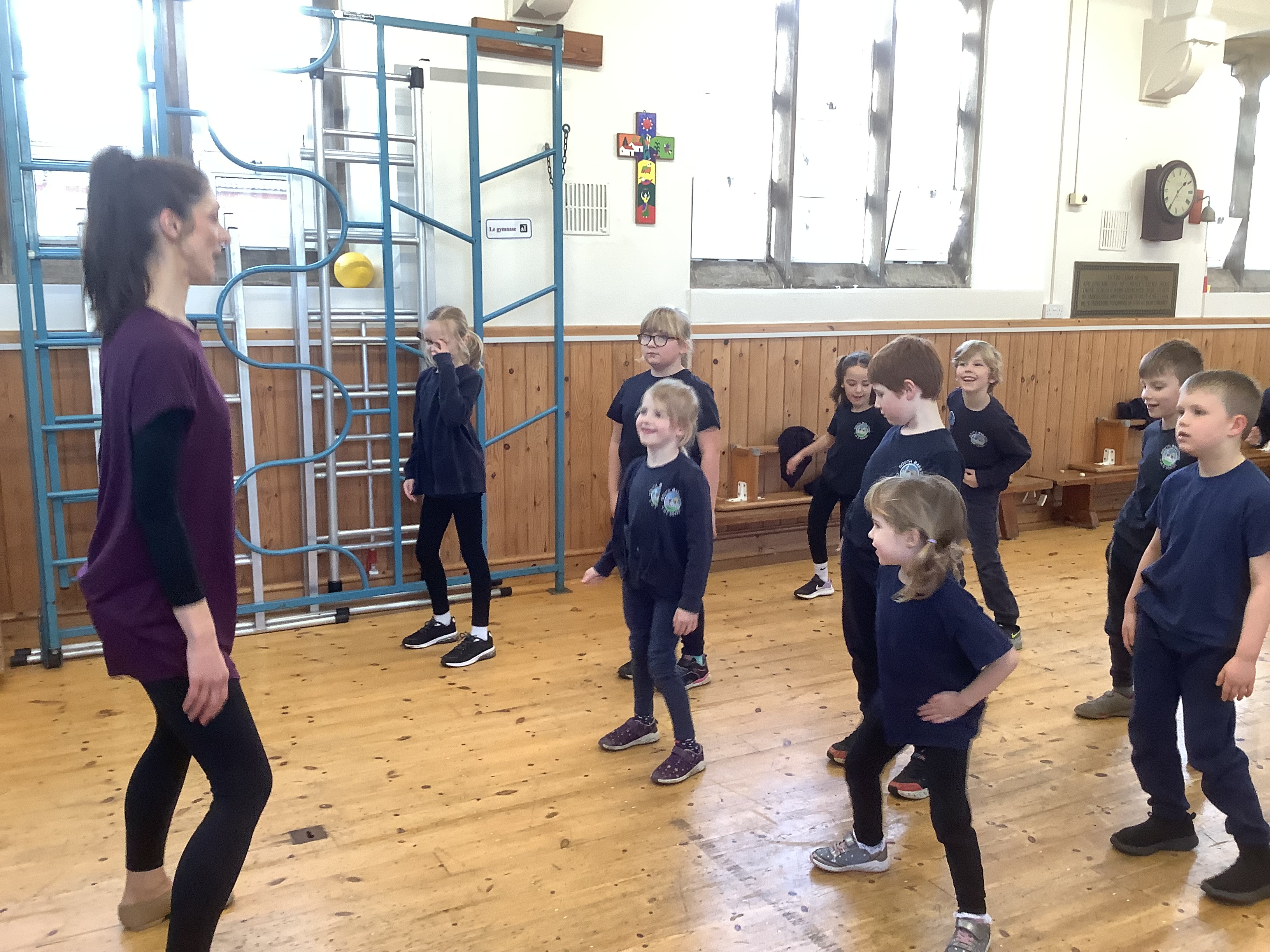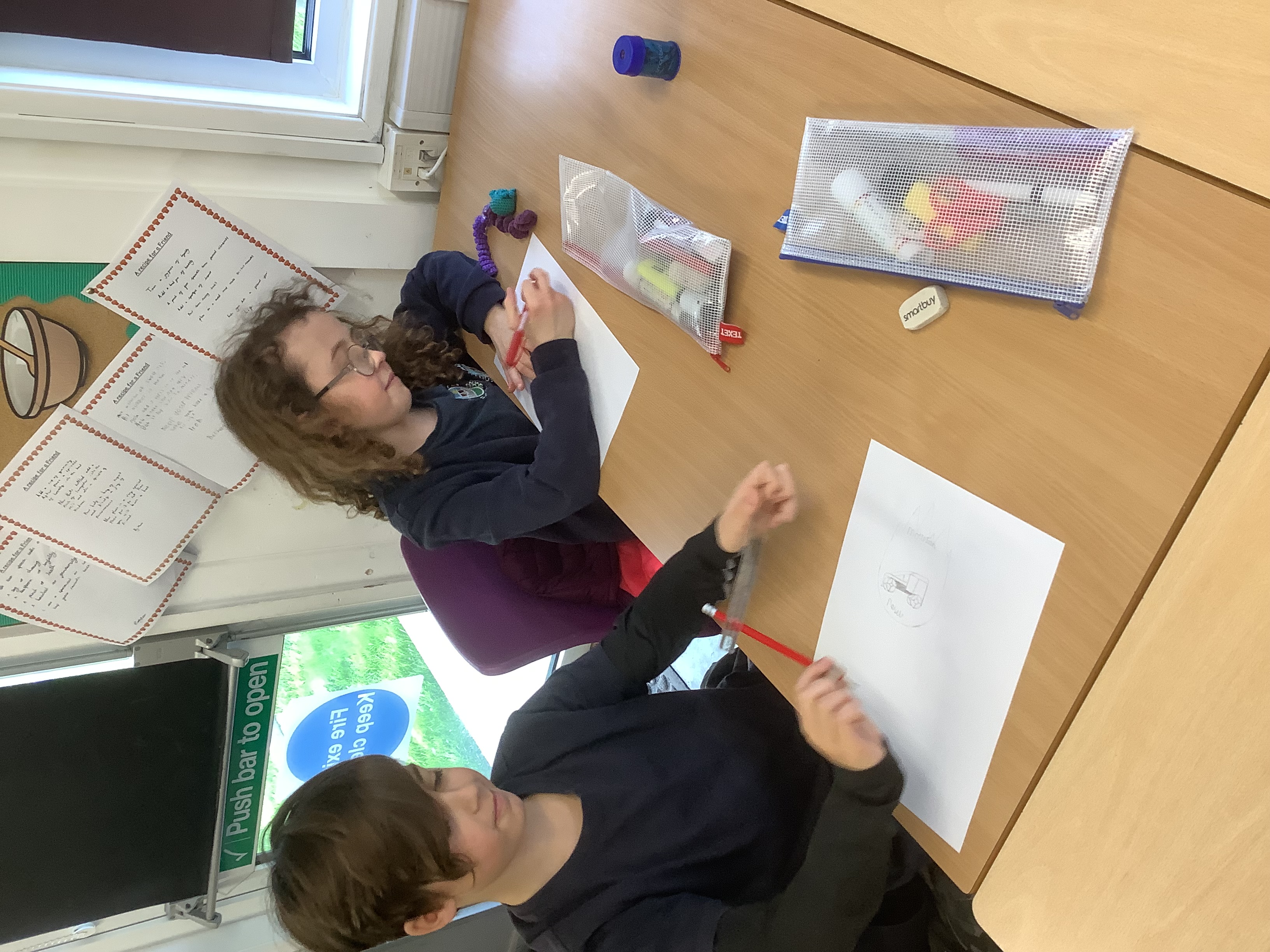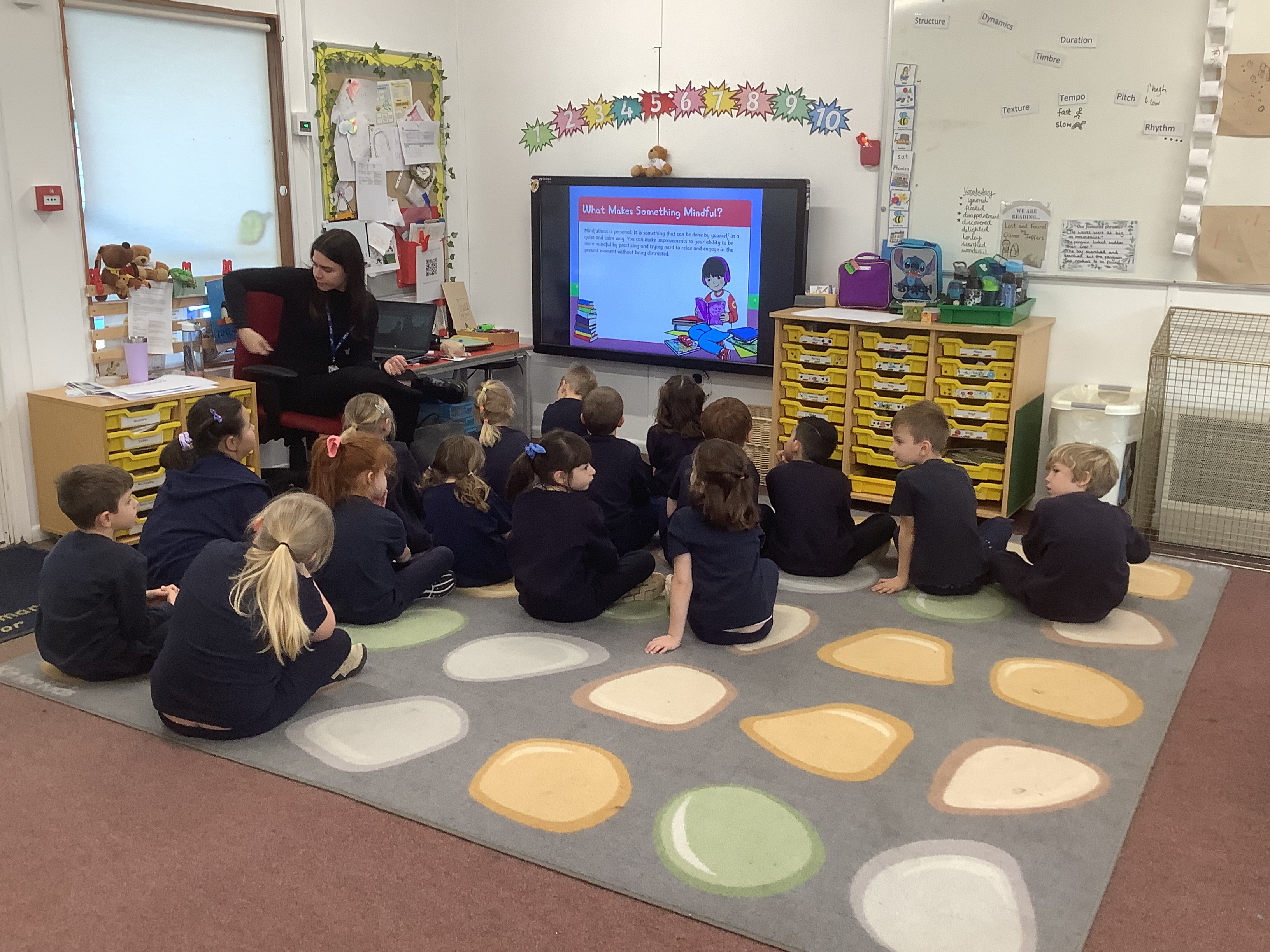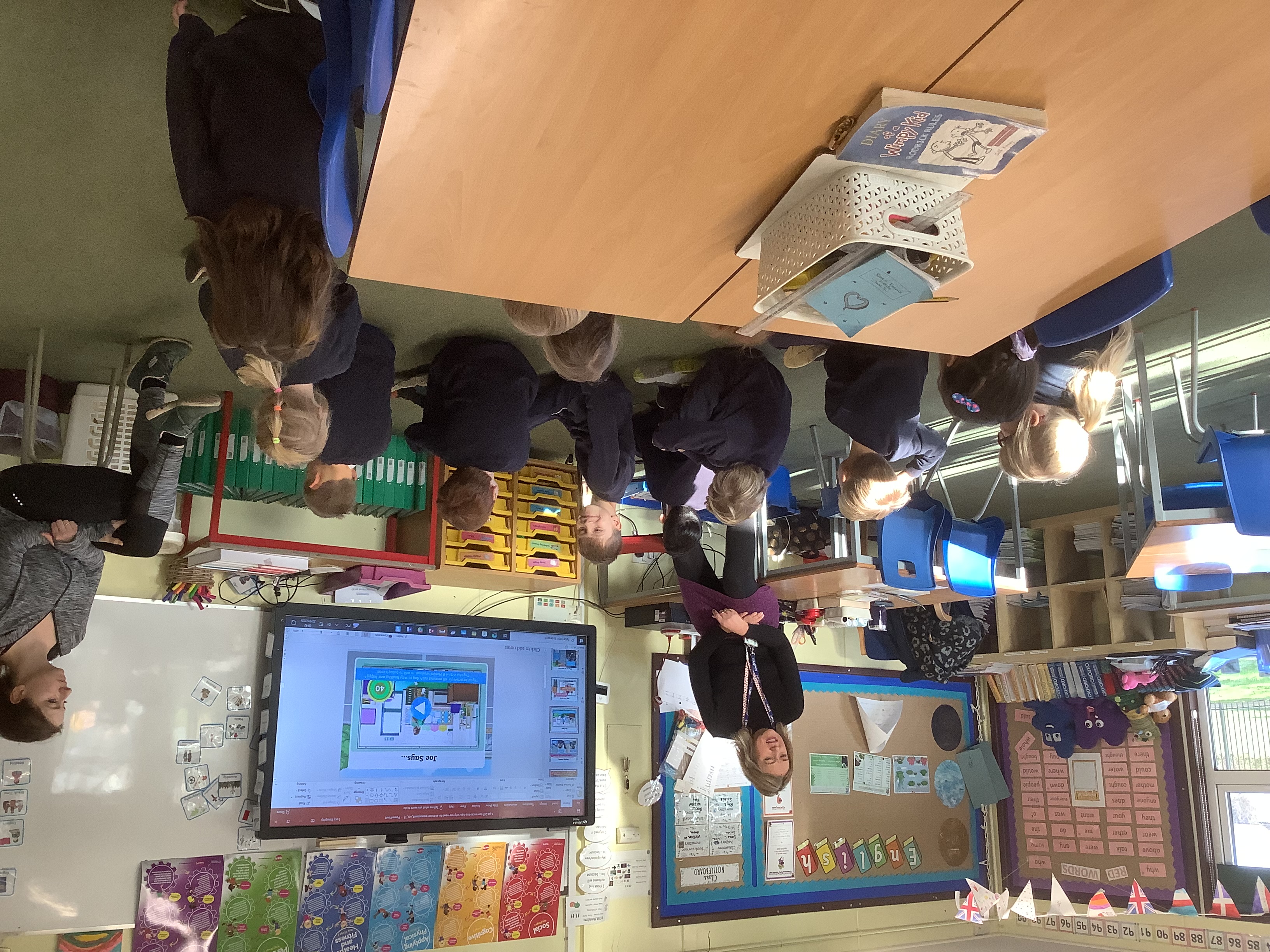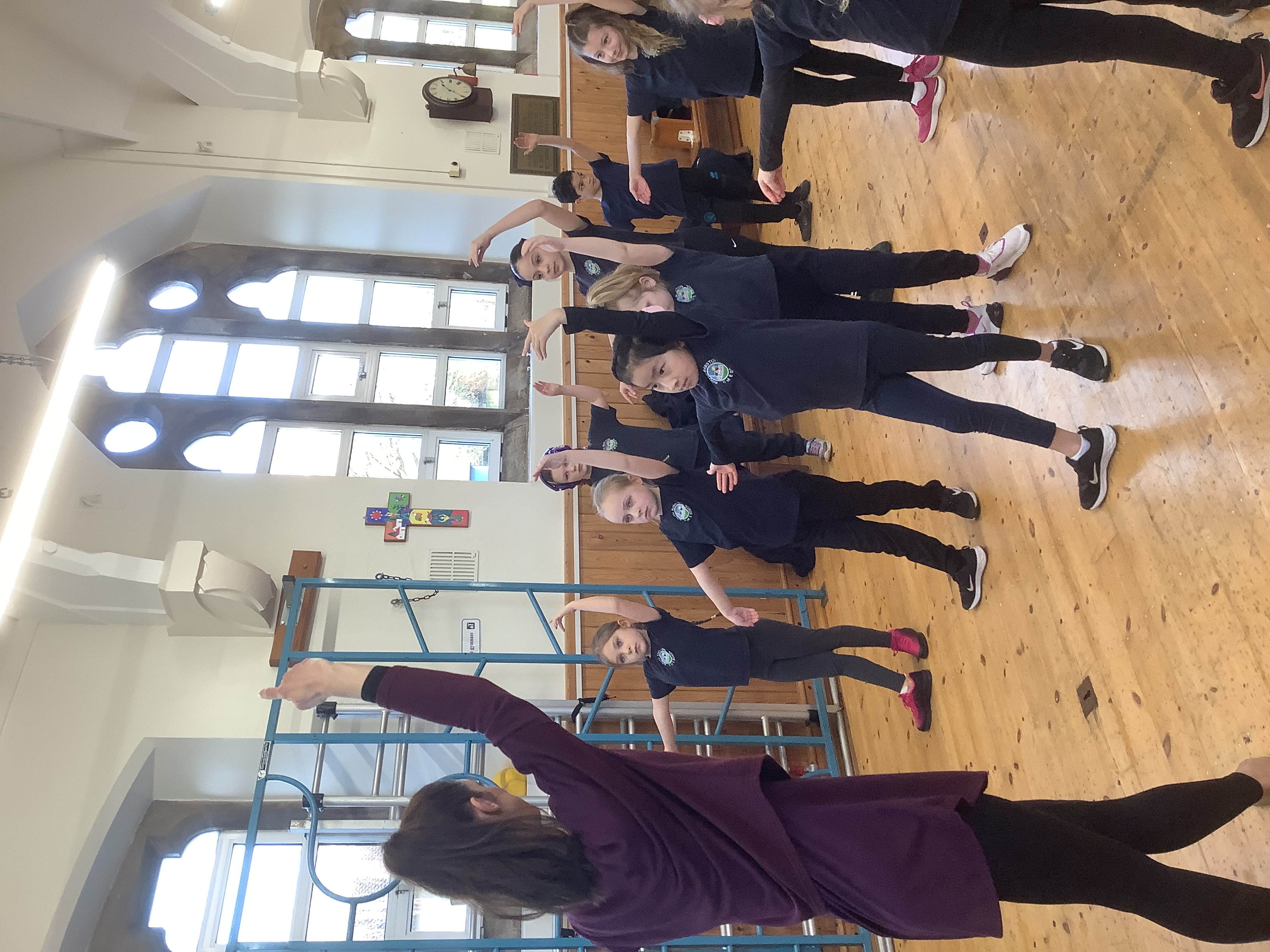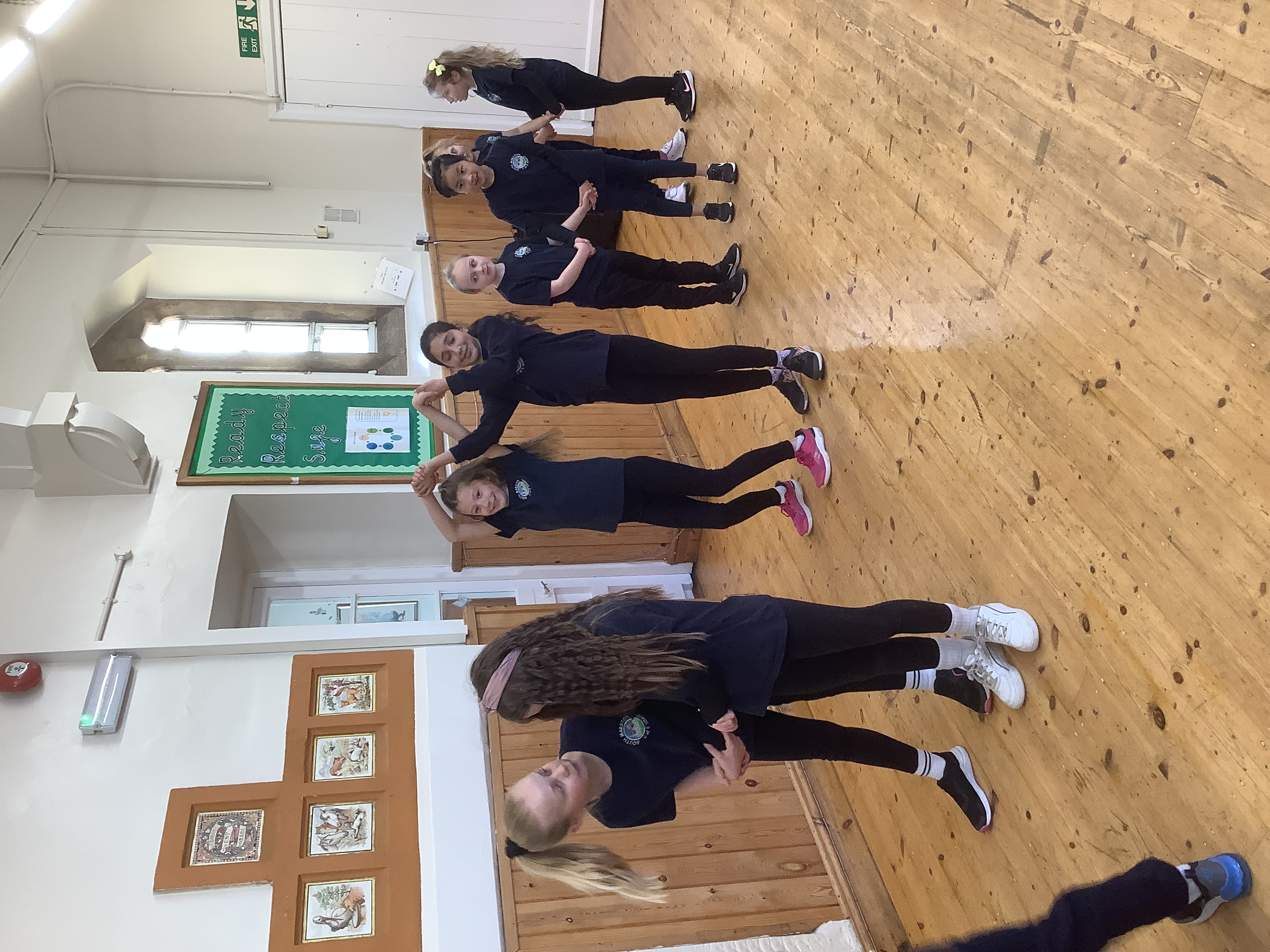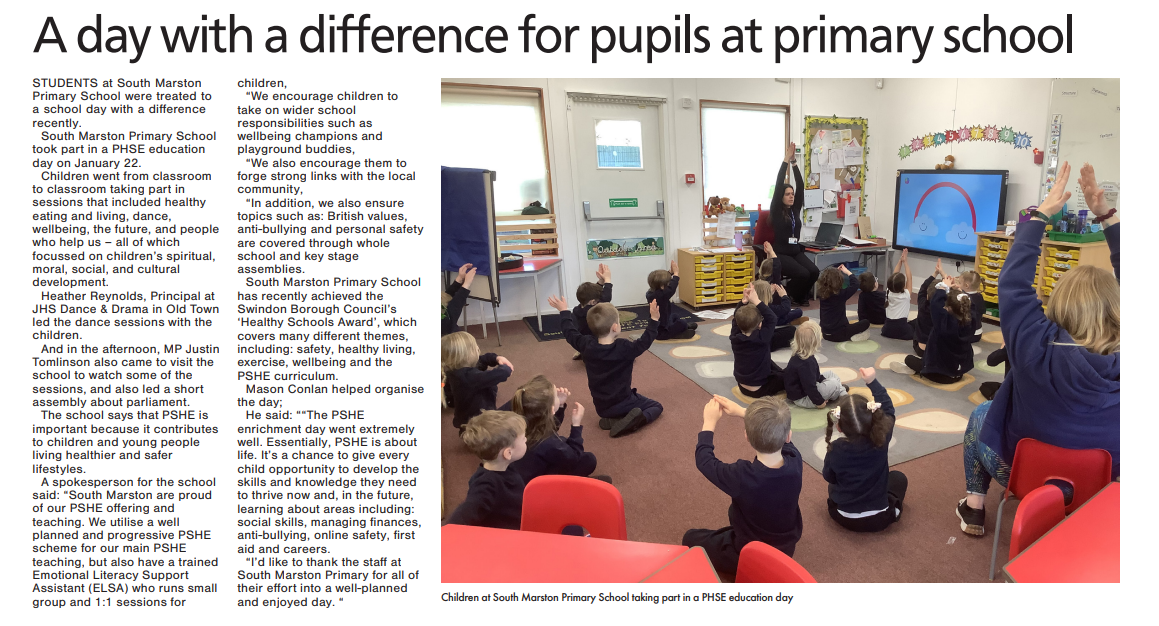Personal, Social, Health, Economic and Citizenship Education
Welcome to the PSHE&C Page.
What is PSHE&C?
PSHE&C is a planned programme of learning through which children and young people acquire the knowledge, understanding and skills they need to successfully manage their lives – now and in the future.
As part of a whole-school approach, PSHE&C develops the qualities and attributes pupils need to thrive as individuals, family members and members of society.
What do schools have to teach in PSHE Education?
• promotes the spiritual, moral, social, cultural, mental and physical development of pupils at the school;
• prepares pupils at the school for the opportunities, responsibilities and experiences of later life;
• promotes British values.
From September 2020, primary schools in England also need to teach Relationships and Health Education as compulsory subjects, and the Department for Education strongly recommends this should also include age-appropriate Sex Education. Schools also have statutory responsibilities to safeguard their pupils (Keeping Children Safe in Education, DfE, 2019) and to uphold the Equality Act (2010).
What is Jigsaw?
Jigsaw is a whole-school approach and embodies a positive philosophy and creative teaching and learning activities to nurture children’s development as compassionate and well-rounded human beings as well as building their capacity to learn.
Jigsaw is a comprehensive and completely original PSHE&C scheme for the whole primary school from ages 3-11.
Jigsaw brings together PSHE&C Education, compulsory Relationships and Health Education, emotional literacy, mindfulness, social skills and spiritual development. It is designed as a whole school approach, with all year groups working on the same theme (Puzzle) at the same time at their own level. There are six Puzzles (half-term units of work), and each year group is taught one lesson per week. All lessons are delivered in an age- and stage-appropriate way so that they meet children’s needs. Within the younger year groups, PSHE&C is usually taught as a ‘circle time’ session.
PSHE&C at South Marston
In addition to weekly Jigsaw lessons, children are taught and exposed to PSHE&C related content and information, this could be through: whole school and key stage assemblies, class discussions, topics and content taught in lessons. PSHE&C covers many aspects, including: healthy living, hygiene, road safety, awareness and understanding of others, celebrating diversity & individuality, setting goals and targets, relationships, children’s rights, British values, finance, emotional wellbeing, e-safety, anti-bullying, citizenship and the community.

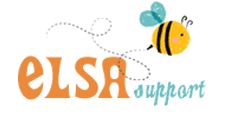
ELSA - Emotional Literacy
At South Marston, we also have a trained Emotional Literacy Support Assistant (also known as an ELSA). ELSAs are Teaching Assistants who have had special training from Educational Psychologists to support the emotional development of children and young people in school. This could be around areas such as: social skills, anger, emotional regulation, strategies for anxiety, bullying, conflict, solving problems, self esteem, friendships and loss/bereavement.
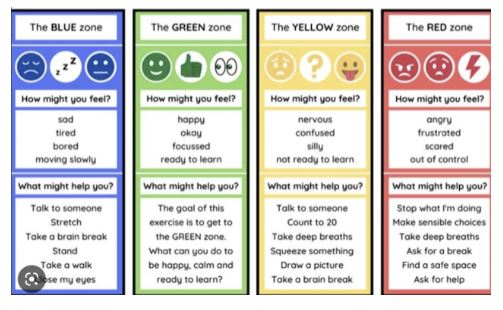
Healthy Schools
South Marston has achieved the Healthy Schools Award (awarded by Swindon Borough Council). To achieve this award, a discussion takes place with the council, in addition to completing a detailed report of our school. Within the report, areas such as: healthy eating, physical activity, mental health, safety (such as sun, road and water safety) and PSHE are examined and assessed. This award is reverified every 3 years.
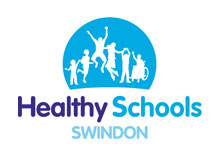
Links:
ELSA/Emotional Literacy - https://www.elsa-support.co.uk/
Jigsaw PSHE - https://jigsawpshe.com/home
Zones of Regulation - https://zonesofregulation.com/
NSPCC - https://www.nspcc.org.uk/
PSHE guidance (Department for Education) - https://www.gov.uk/government/publications/personal-social-health-and-economic-education-pshe/personal-social-health-and-economic-pshe-education
